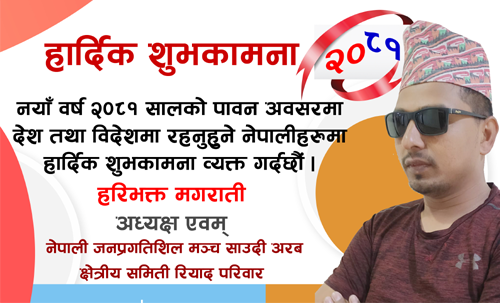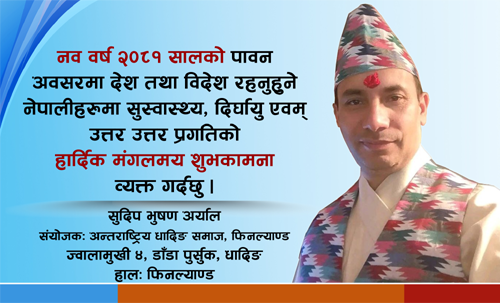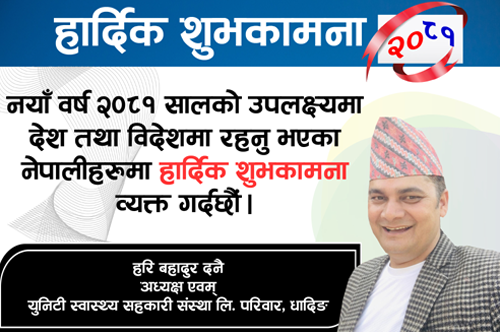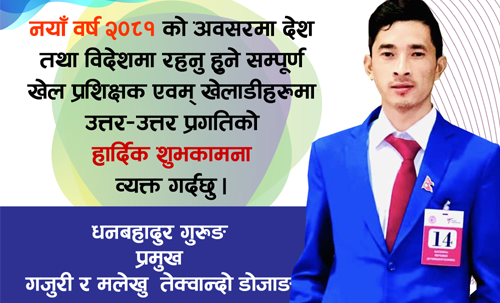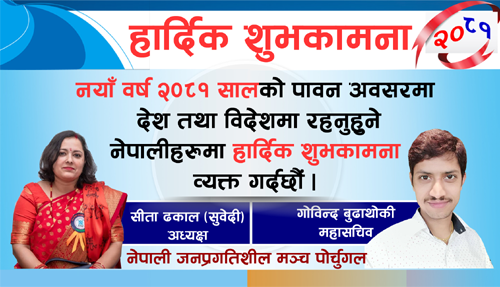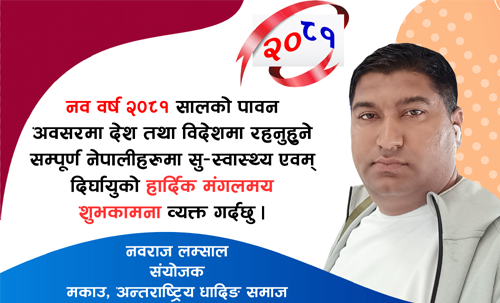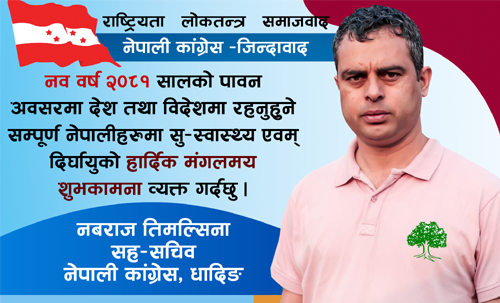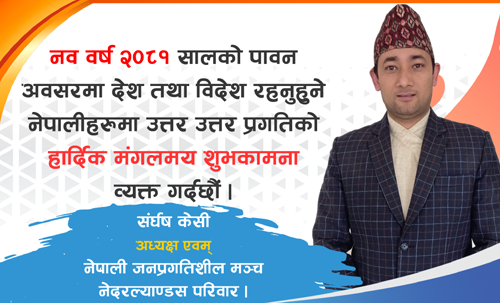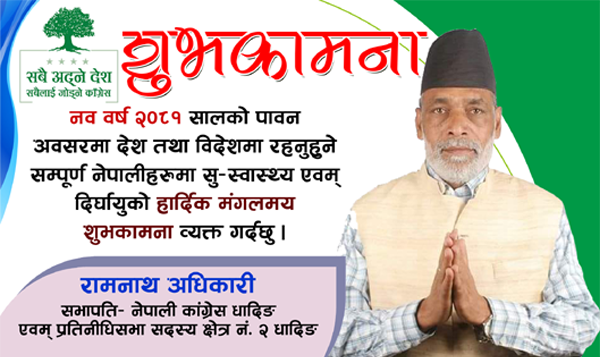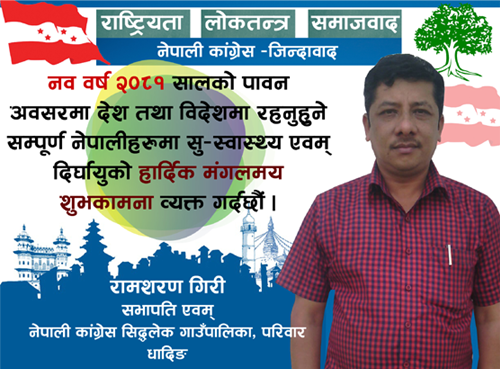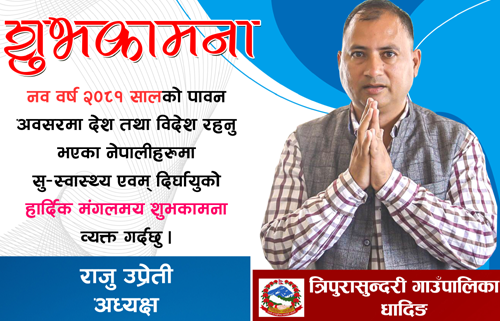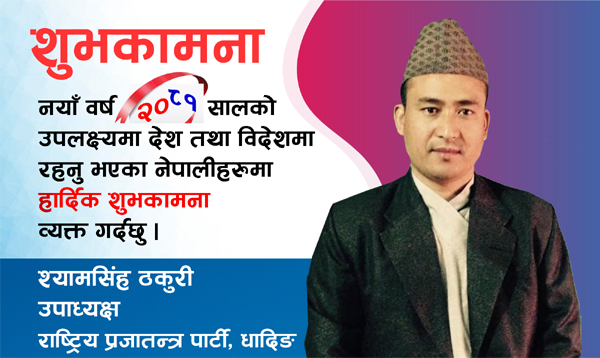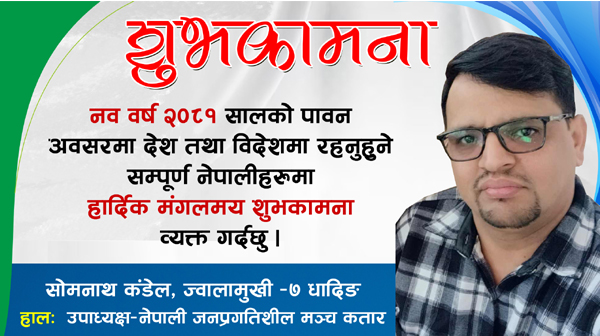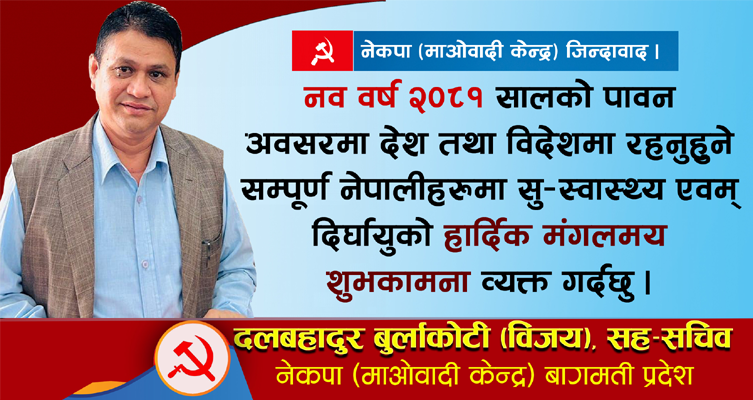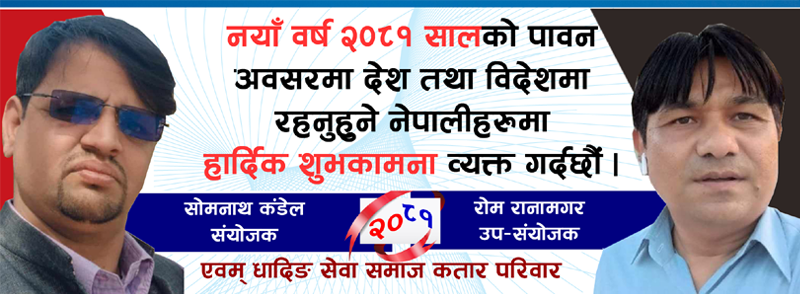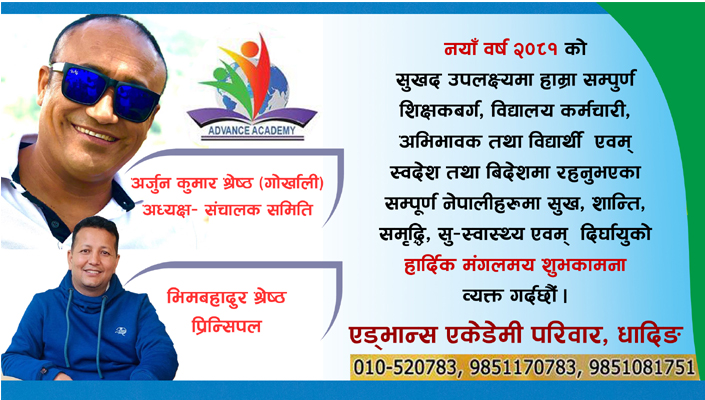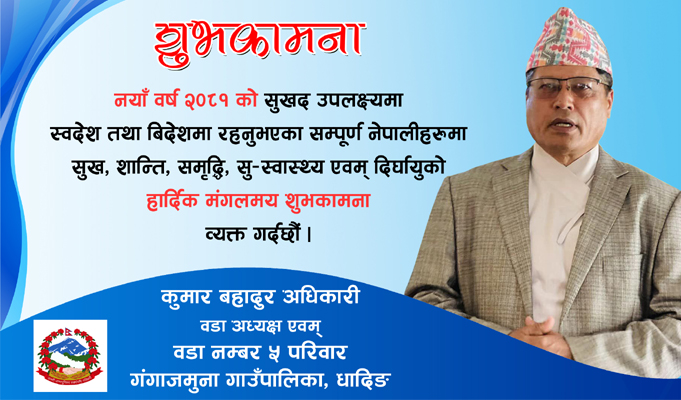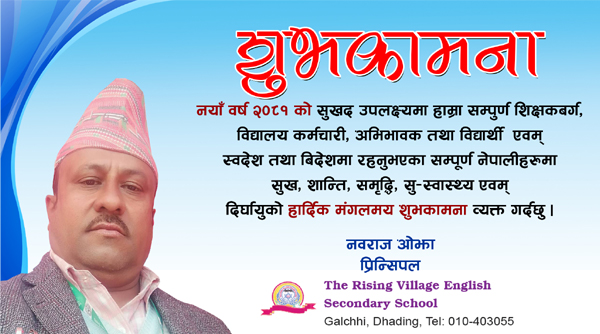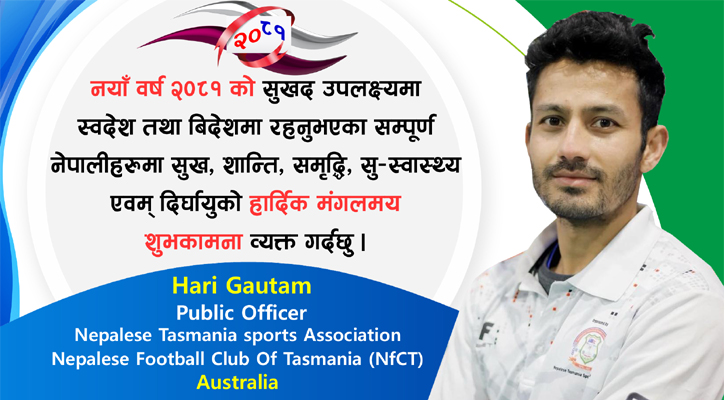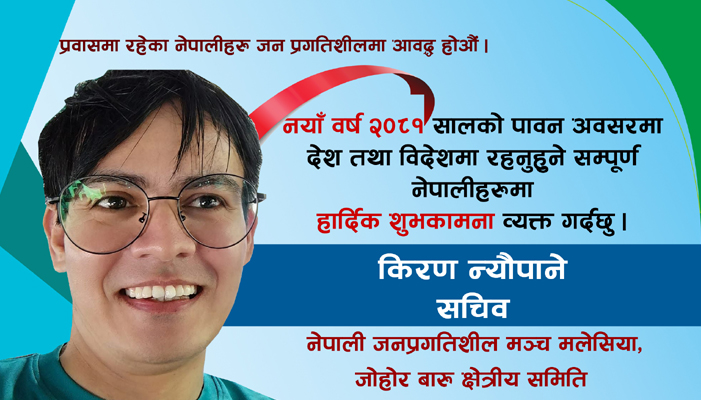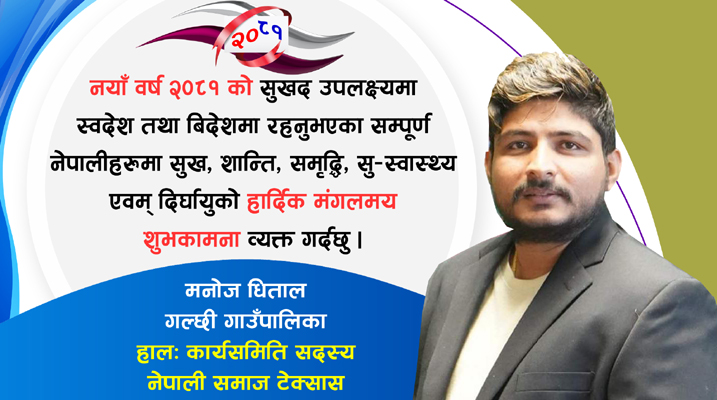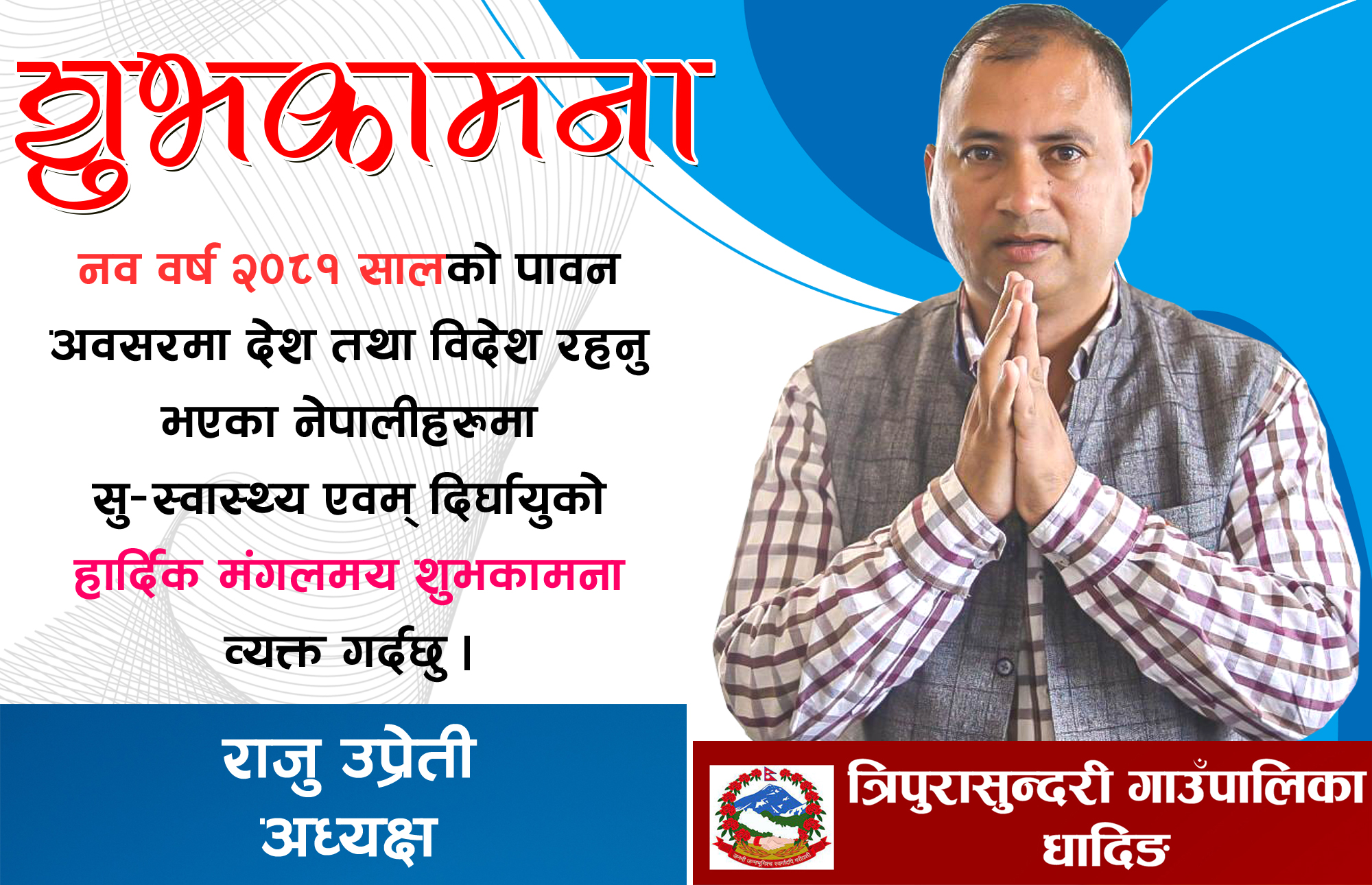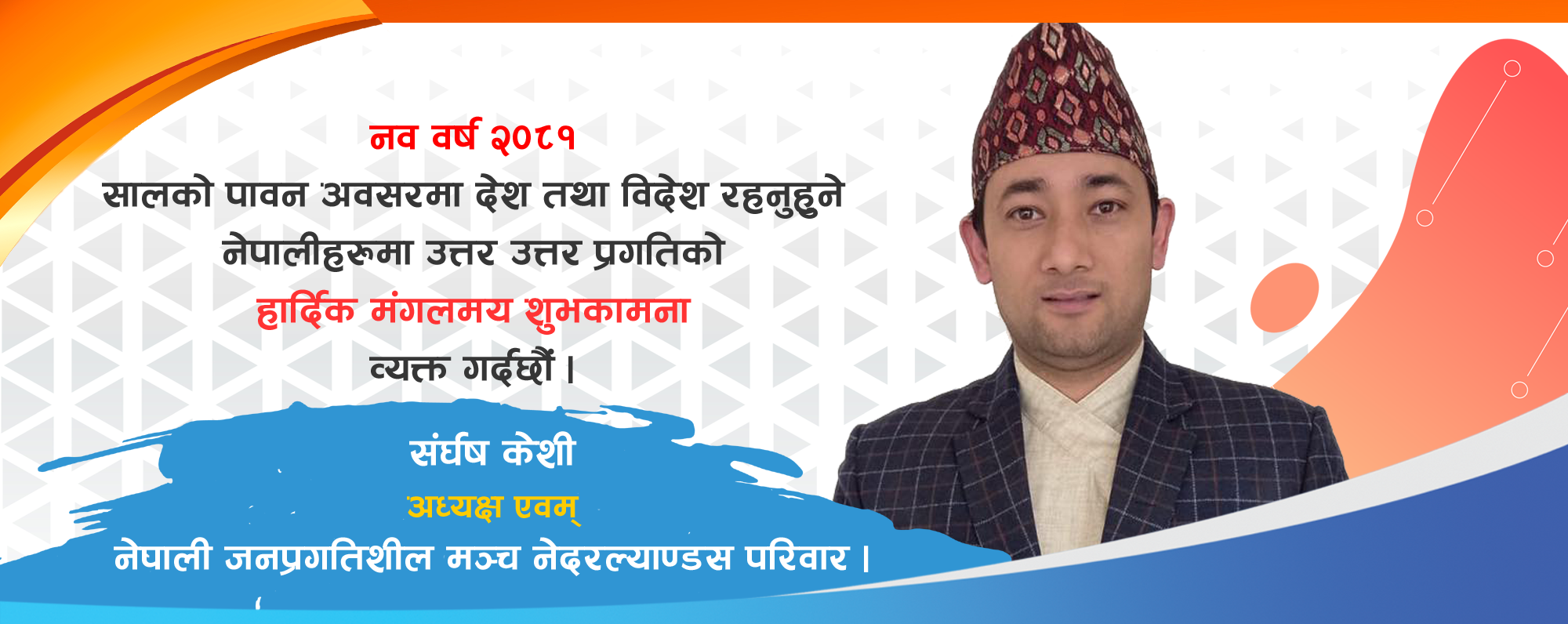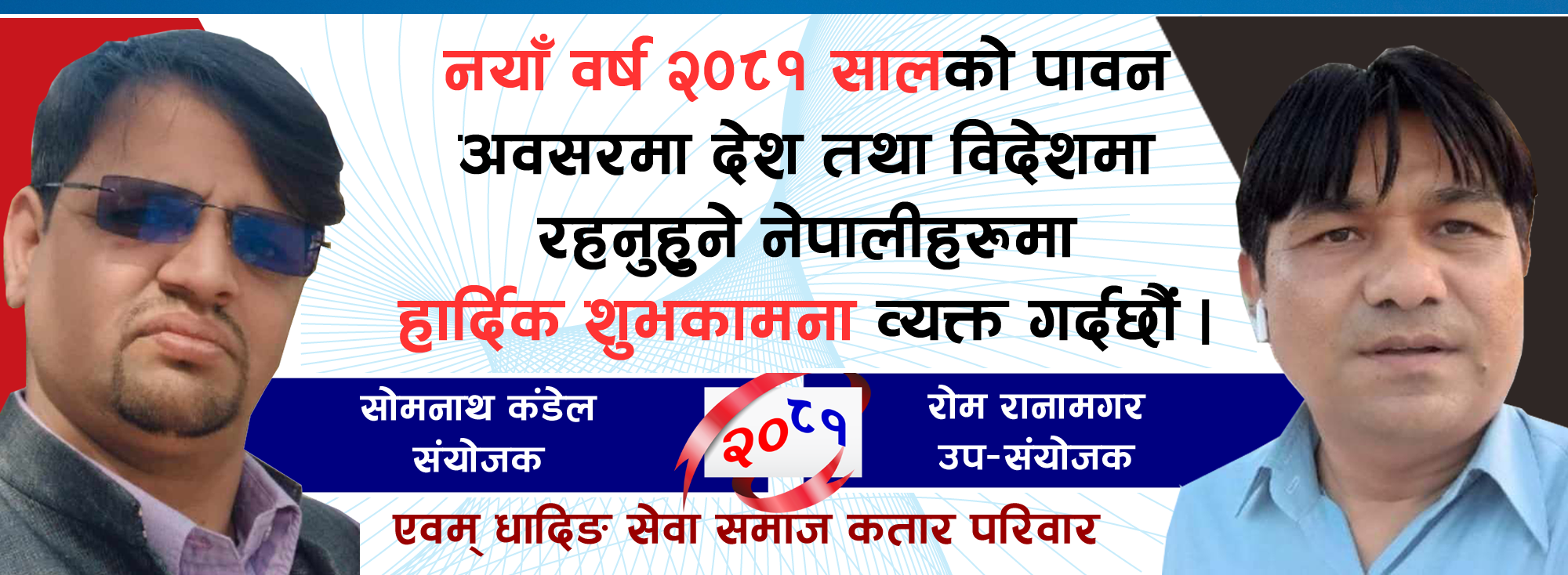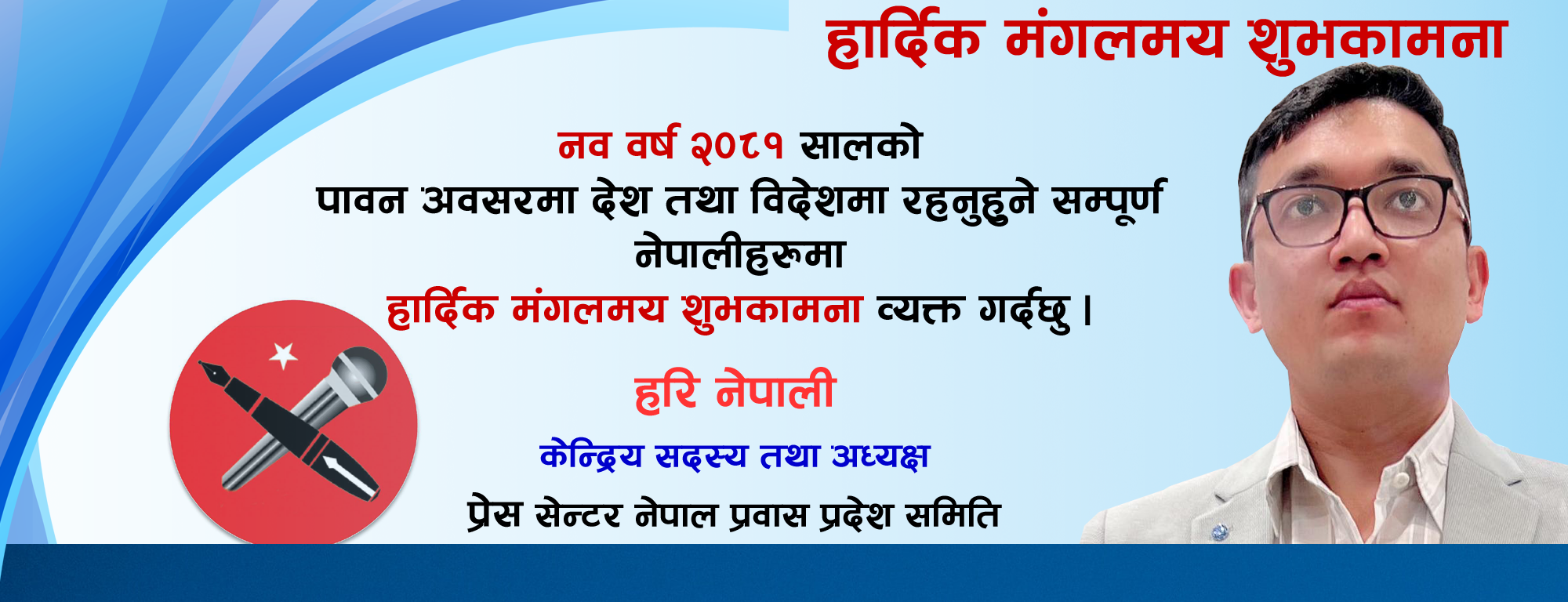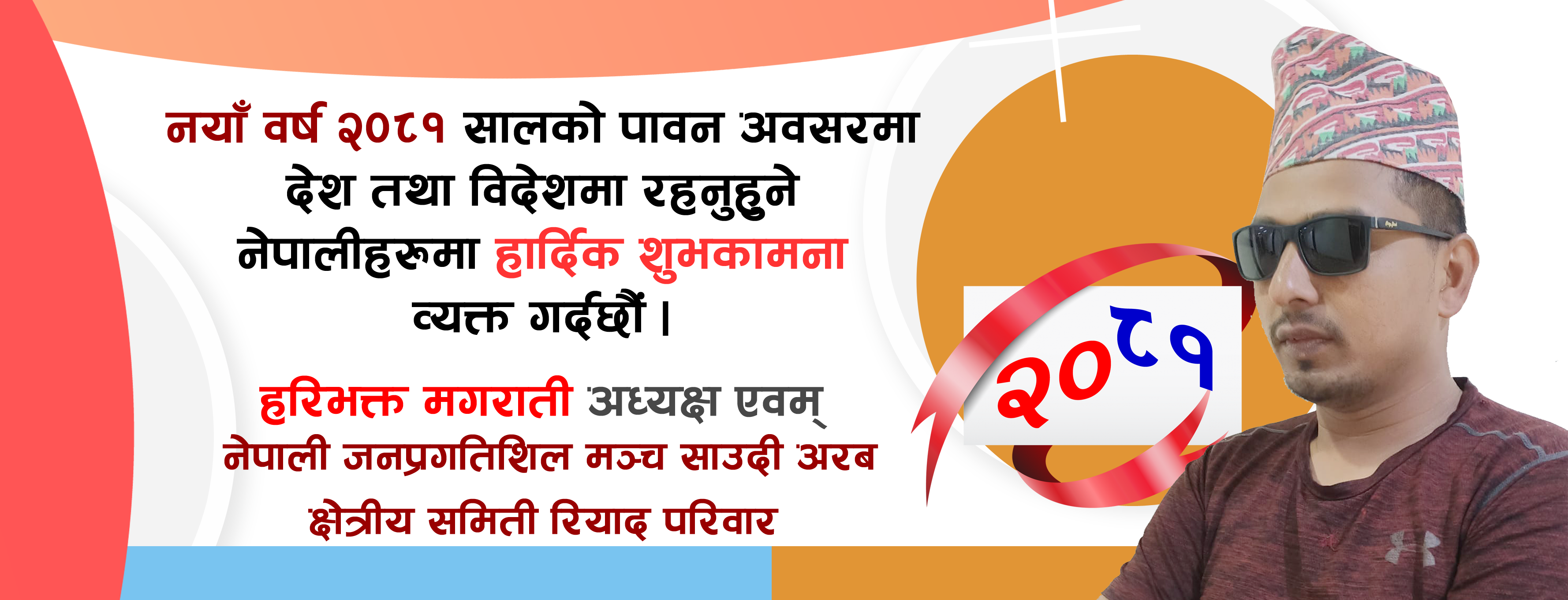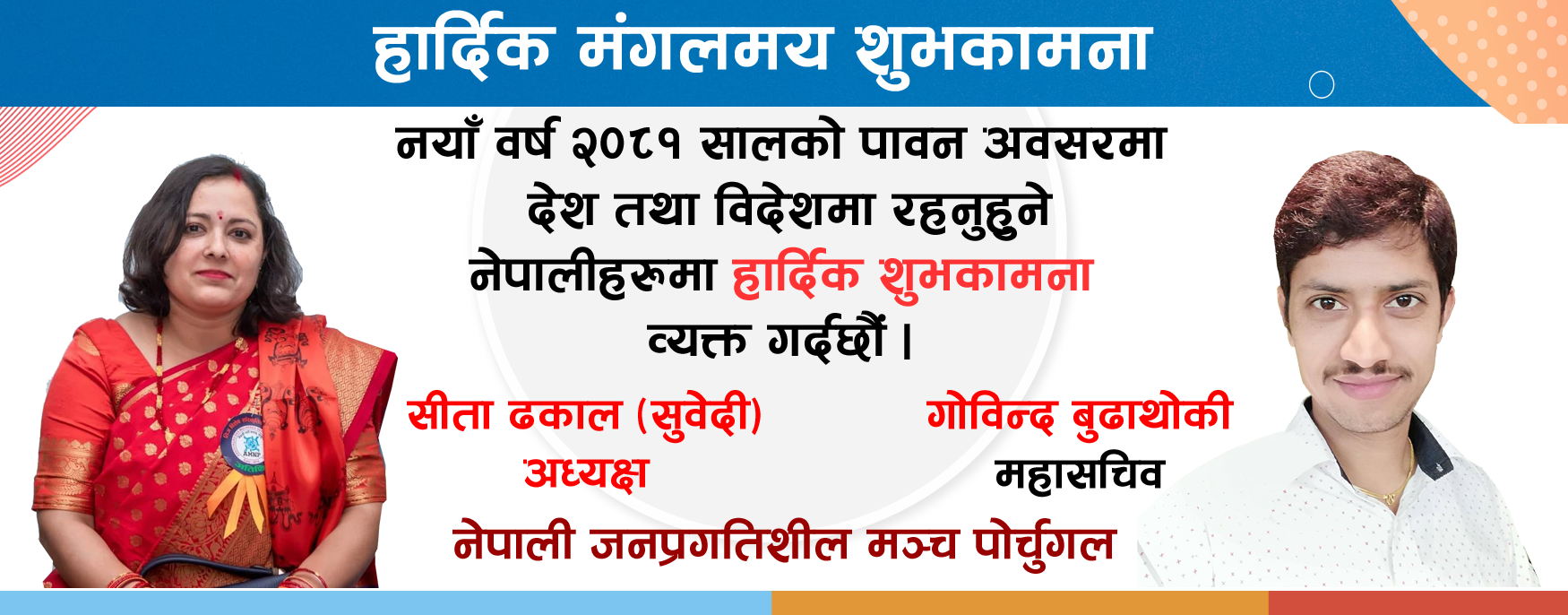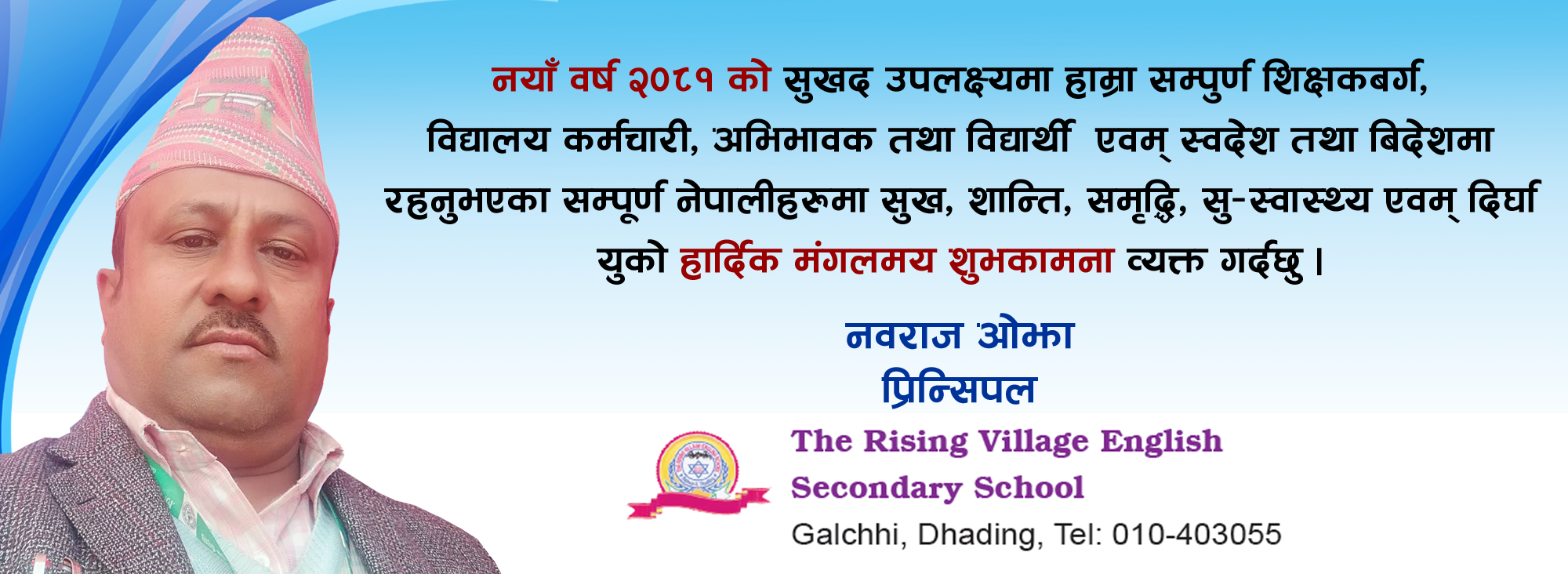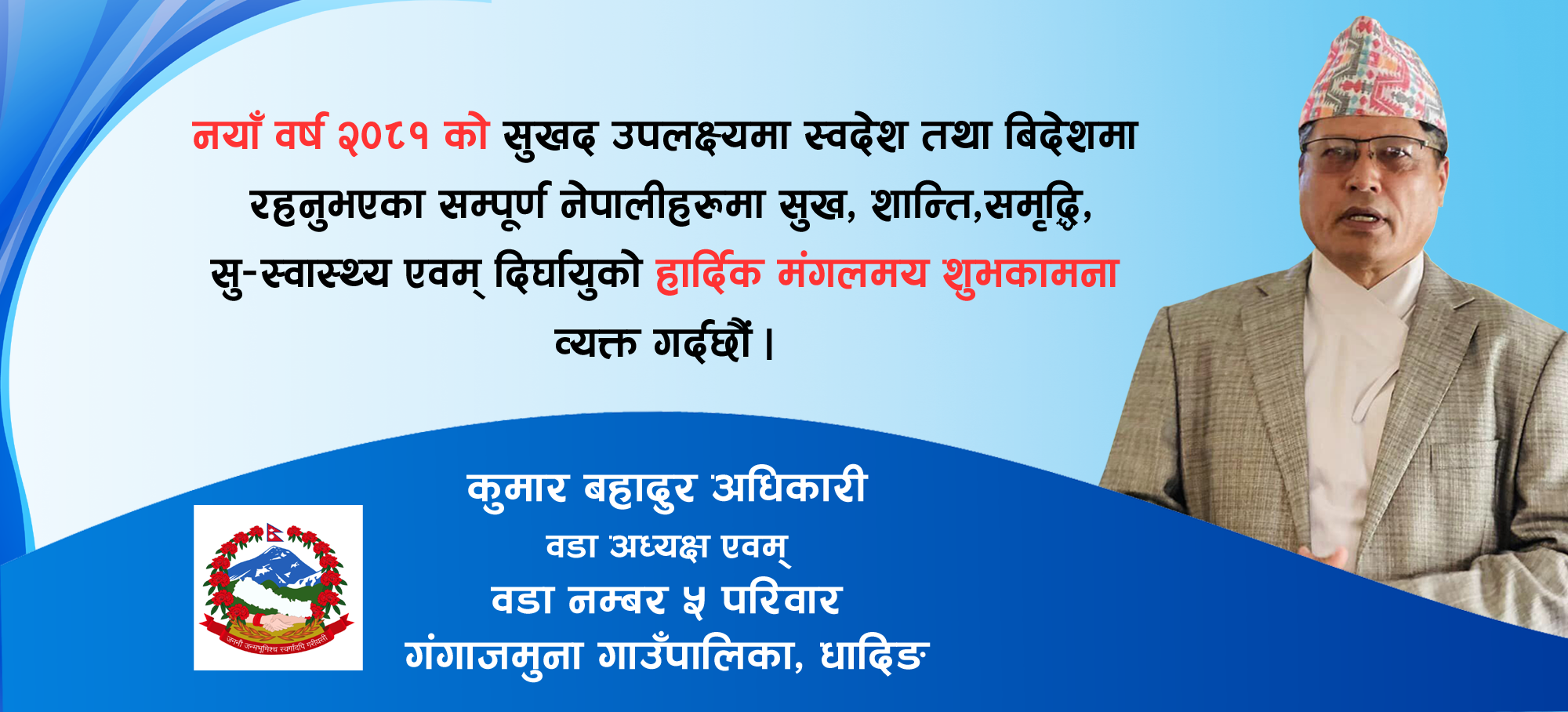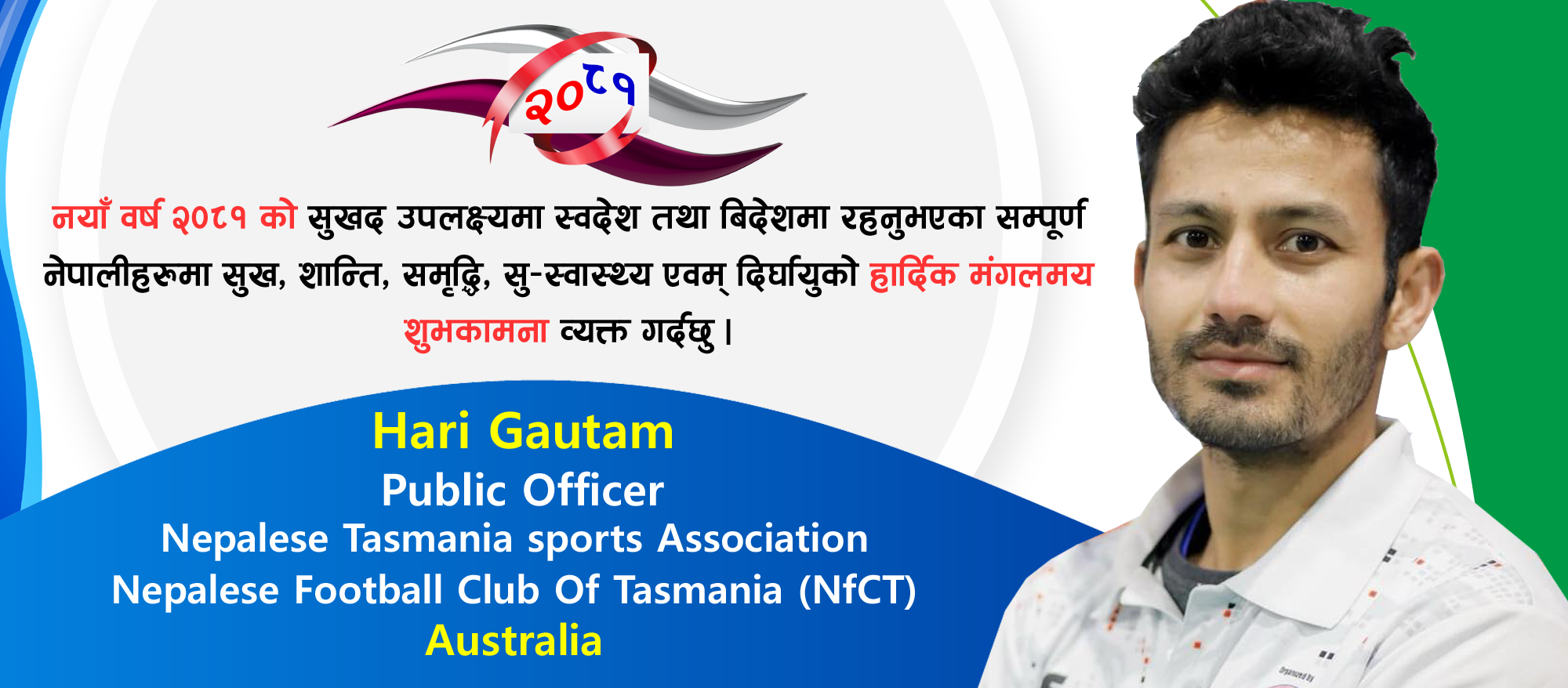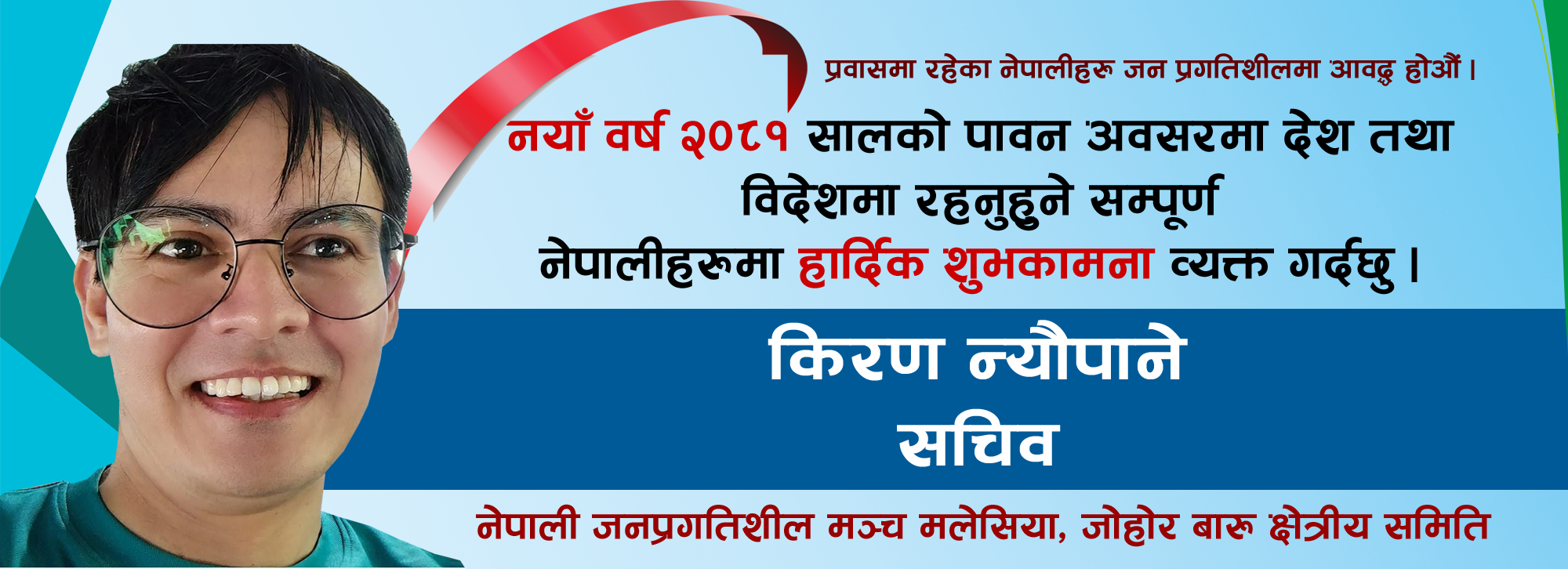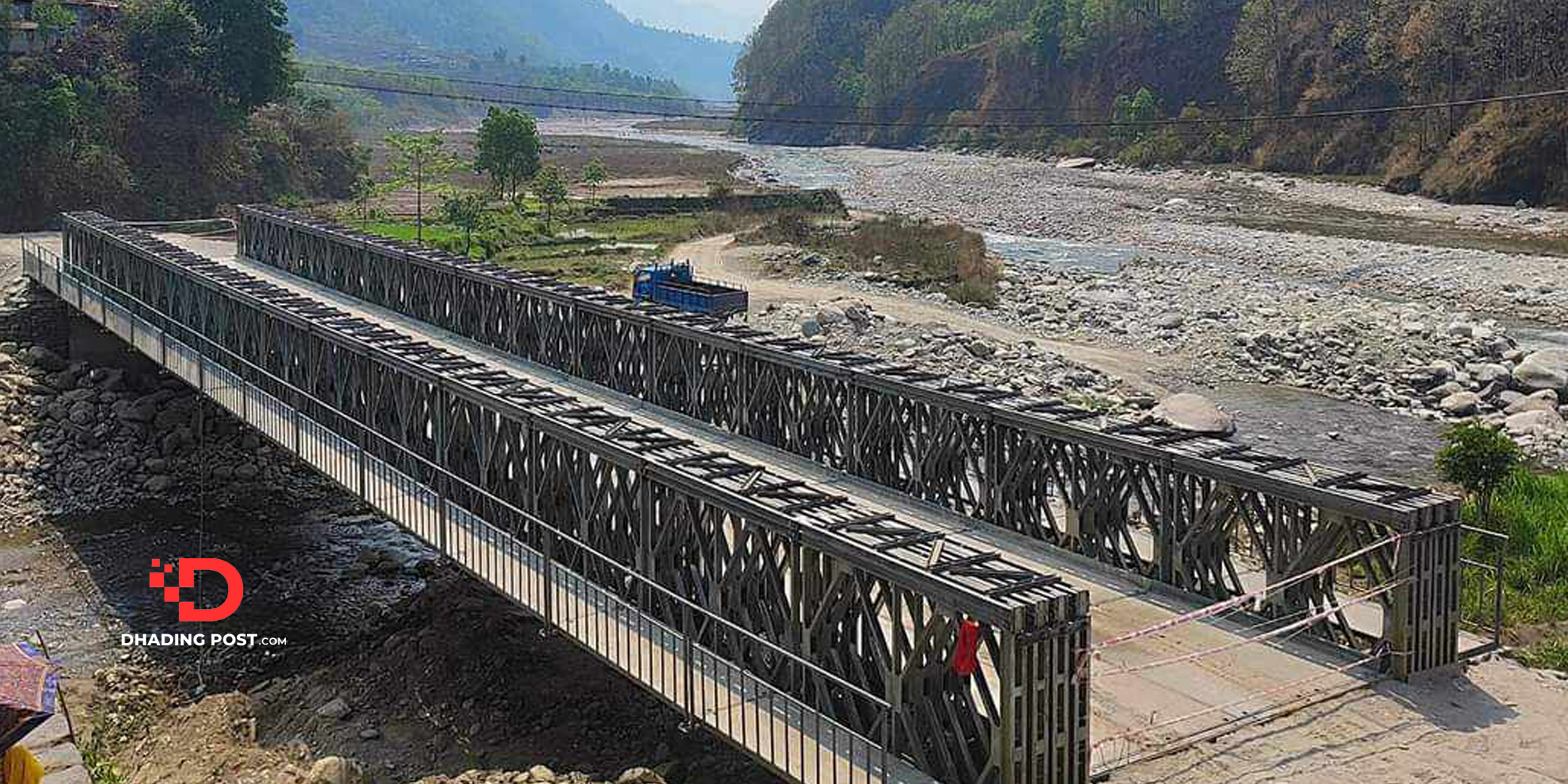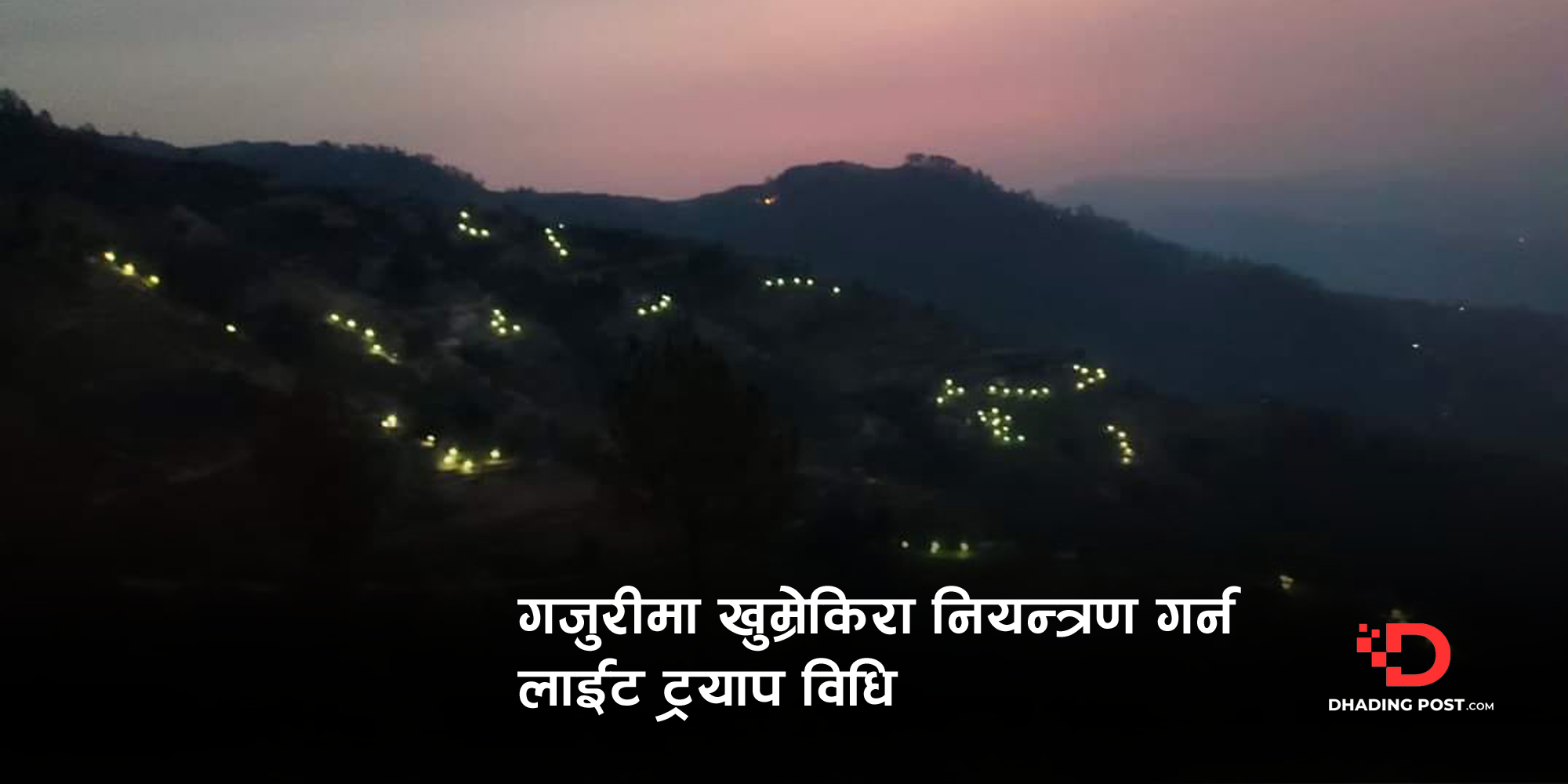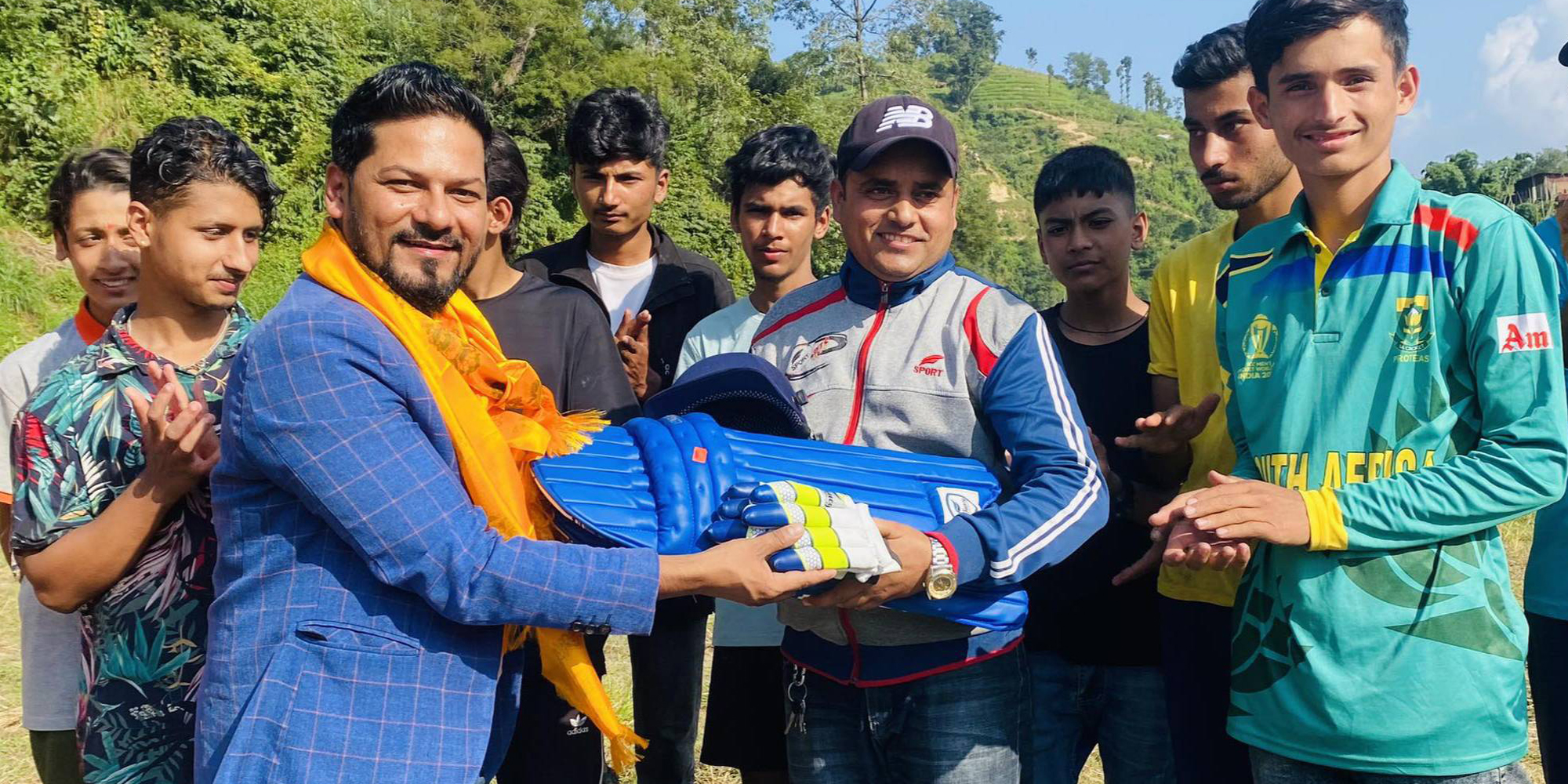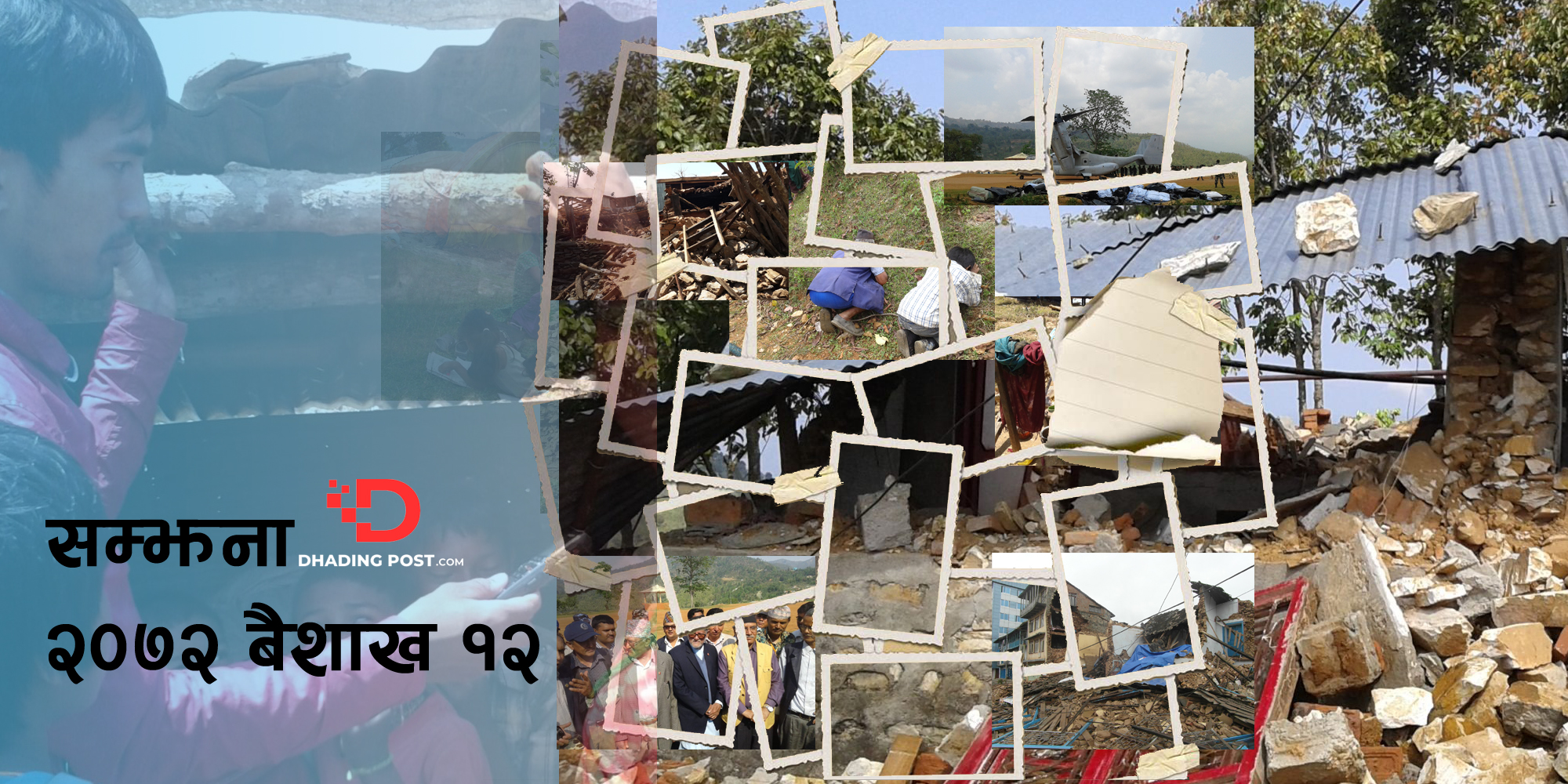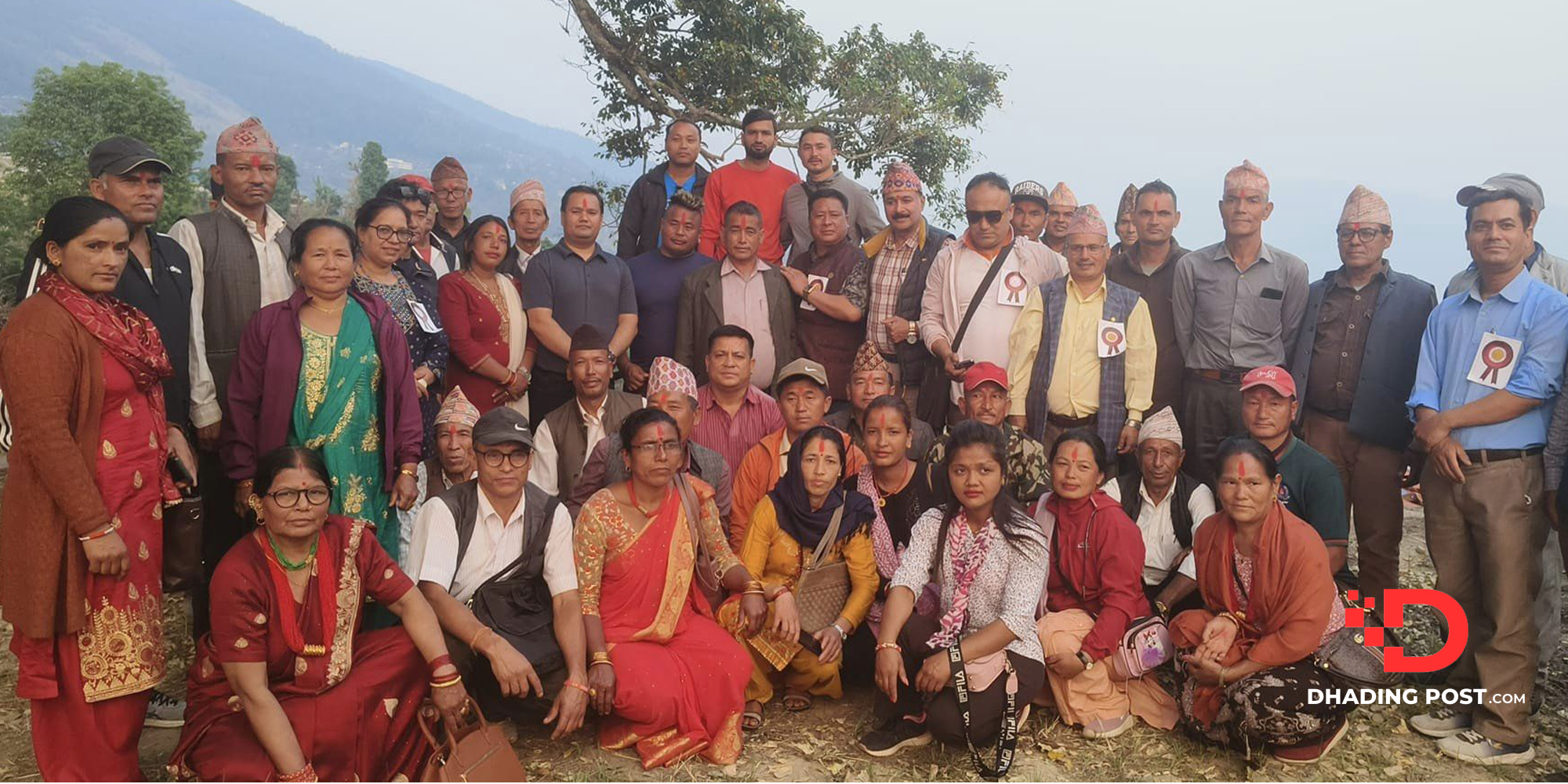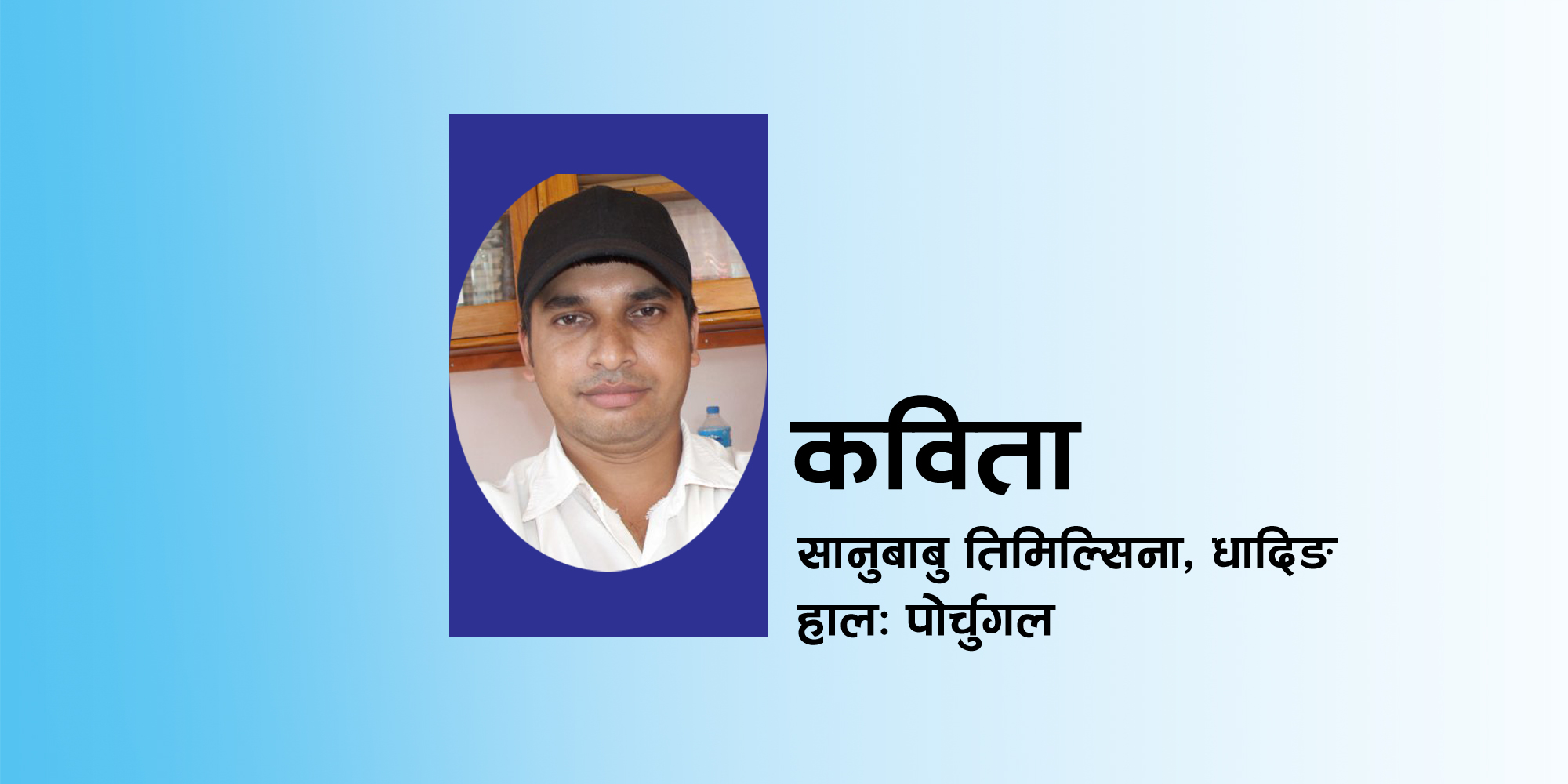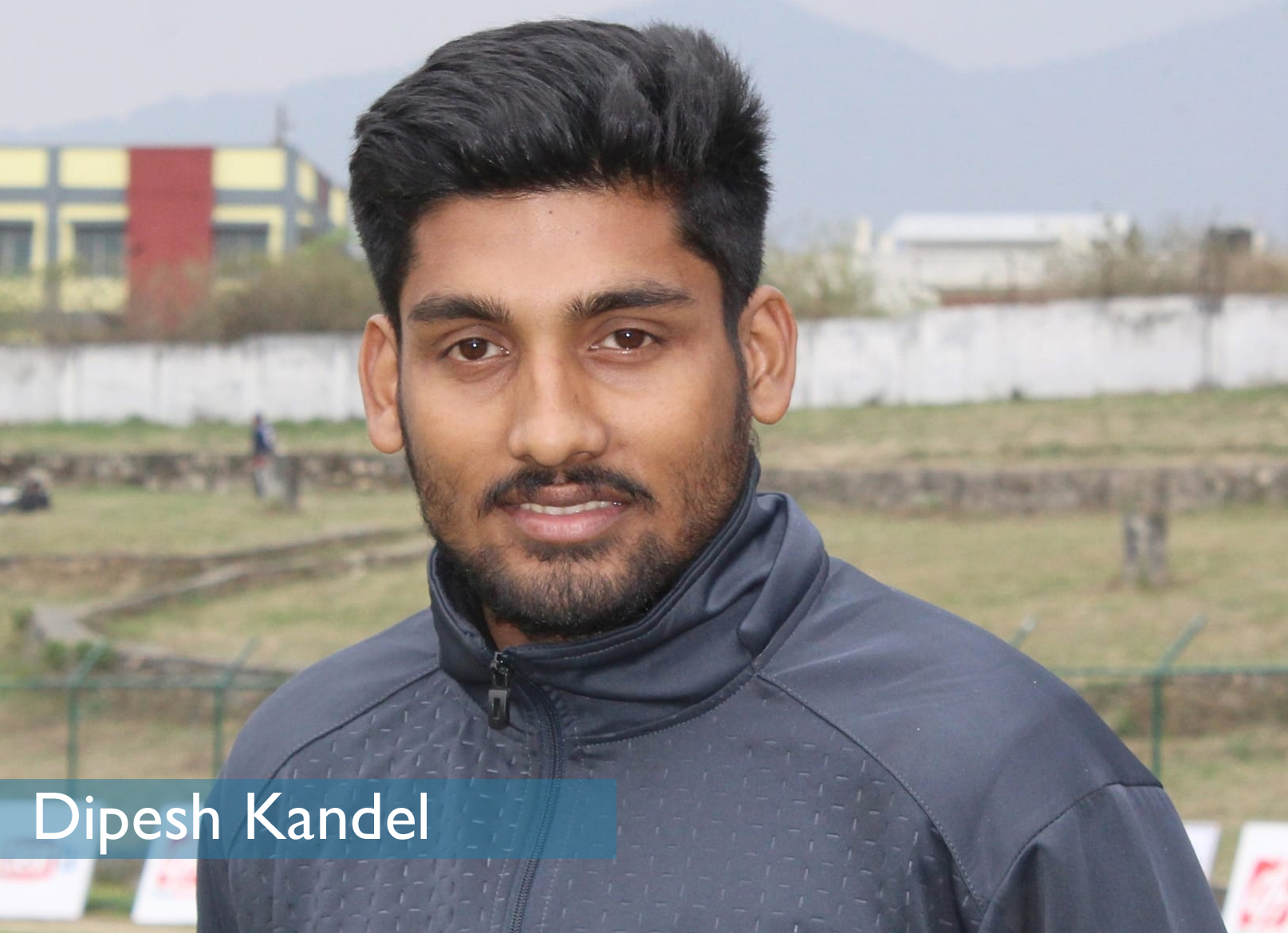
Today, in the information age, a country is as strong as the knowledge it holds. The development of any nation rests with its human capital and its ability to generate new ideas and foster skills. Education is the foundation of the economic, social and civil development of any nation; it increases human well-being, and is a decisive factor in enabling people to become productive and responsible members of society. A fundamental prerequisite for development is an effective educational system that is accessible to all. Moreover, education is the instrument for welcoming children and young people into society.
Education doesn’t only mean learning something useful for our career, its also about learning something useful for our personality development. Well, somewhere we lost the meaning of education in this purely technical oriented world where there’s not much importance given to Etiquettes. The biggest drawback of today’s education system is that it is based on memory rather than skills and knowledge. The biggest problem in the education system is the fear. Fear of marks, fear of examinations, fear of failure, fear of further admissions, fear of job, fear of comparison and many more. It’s all these fears which makes education a burden. There is no enthusiasm, no zeal to learn something new but only the fears. Parents and teachers keep on chanting 24×7 study, study, study. Thus, education around the world is authoritarian in nature and produces good test scores but not a citizenry of diverse, creative and innovative talent.
I believe the best way to improve the educational system on a molecular level is to focus on teaching students how to think and see things differently. It’s engaging them in inquiry and figuring things out for themselves rather than giving them the answers. It’s about pulling their lens on the world and stretching them to see other corners and interpretations. It’s asking them to look at things critically and think thoughtfully. It’s making them think and teaching them to engage in the power of creative and critical thought.
Summing up, Education is the process of learning and expanding culture, and, as it contributes to the improvement of the human condition through better knowledge, health, living conditions, social equity and productivity, is a central tool for social progress. Moreover, education is about the unleashing of human capabilities: economic, civic, and humanistic. When education is successful, it enables individuals not merely to exercise their agency in participating in economic, civic, and humanistic activity but also to shape or re-shape economic, civic, and humanistic life. It advances humanity’s storehouse of knowledge and cultural achievement. Education should empower the mind to be creative, inquisitive and curious instead of becoming an exercise in rote memorization. Students should be told how learning about various things could help them, not just in their career but also in their life. We are taught so much, but are never really told where to use it. This leads to many of the students just slacking off in their academics as they are never told how learning could change their lives. The first and foremost thing is to eradicate this concept of Rote learning instead focus on conceptual learning . They must be taught indepth concepts so they make understand better and use those educated lenses for the sake of society, nation and whole globe.
As a social being, it is our responsibility to give something back to the society and make it a better place for the next generation. An uneducated man can’t be fully aware of his responsibilities. An educated person is aware of his personal as well as social responsibilities. Proper education teaches a person to think beyond his personal interests and also provides him the ability to give something back to the society. An educated society counteracts injustices, anti-values , and the violation of human rights due to ignorance. Education is an art of appreciating life. Its purpose is to teach us values, develop stimulated intellect, understand tolerance for disagreeable belief systems, dig out opportunities to question what exists, and contribute to the growth of the human society. Briefly speaking, education is to help people to progress towards wisdom and ultimately enlightenment.
It is essential to realize and invest in education for better development opportunities in the future. To some extent, Nepalese seem to be ignorant in this regard because of which most people have been losing the benefits from being educated. It’s now high time that Nepalese education systems act to meet education standards and provide a generation of capable, self-confident and knowledgeable individuals.


